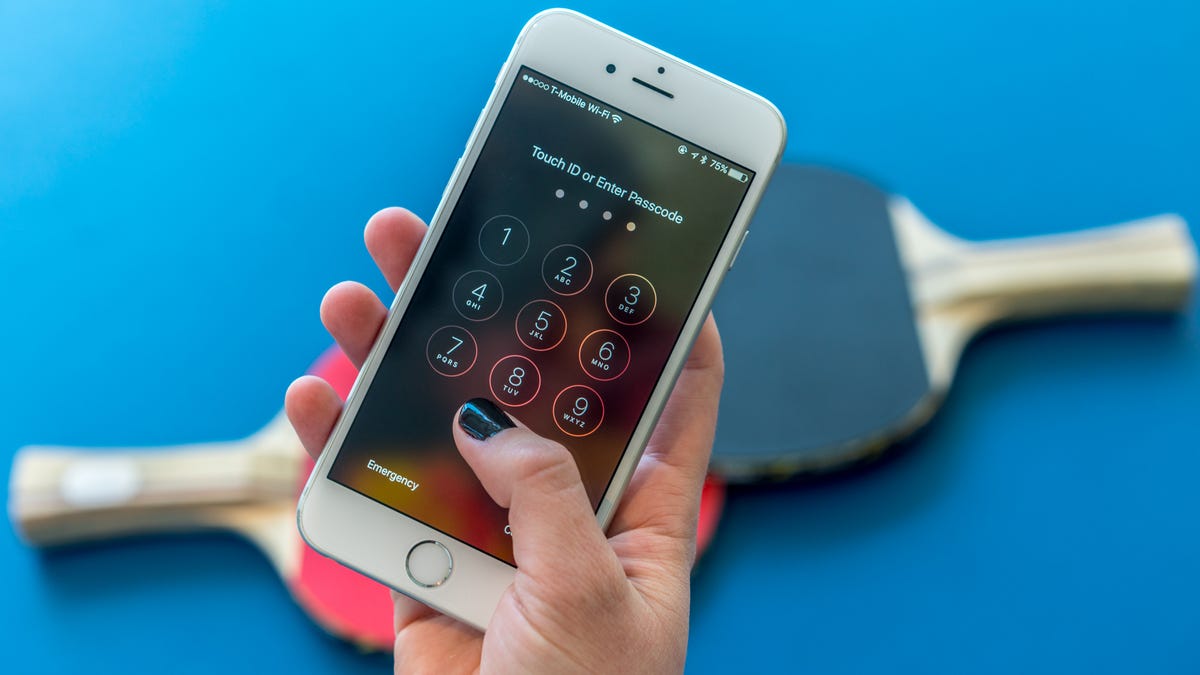Feds don't need Apple's help in New York either
"An individual" gave them the passcode to a Brooklyn drug dealer's iPhone, and they used that to unlock the device.

The US Justice Department is starting to look like the boy who cried wolf.
The government on Friday, at about 9 p.m. ET, filed a letter to the court in Brooklyn, New York, to say it doesn't actually need Apple's help to unlock an iPhone 5S used by a confessed drug dealer. Instead, it said "an individual provided the passcode to the iPhone at issue in this case" on Thursday evening. The government "used that passcode by hand and gained access to the iPhone," the filing said.
The case is the second time in the past month that the FBI has dropped a request for Apple to help it gain access to data on an iPhone used by a criminal. The first involved an iPhone used by one of the San Bernardino, California, terrorists. In that case, the FBI ultimately paid a third party to help it unlock the iPhone 5C. It dropped its request for Apple's help the night before a hearing was scheduled in Riverside, California.
In both instances, the FBI initially said Apple was the only organization that could get into the iPhones. But both times, the bureau ended up being able to access the phone with the help of third parties at the eleventh hour. The government didn't specify in either instance who helped it get into the iPhones.
Apple declined to comment about the filing. The FBI didn't respond to a request for comment.
The California and New York cases are just a couple out of dozens of cases in which the US has looked to Apple to help bypass security on iPhones. The California case turned the previously private dealings between Apple and the FBI into a public battle and started a broader debate over privacy and security. Technology companies and rights groups argue that strong encryption, which scrambles data so it can be read only by the right person, is needed to keep people safe and protect privacy. Law enforcement argues it can't fight crimes unless it has access to information on mobile devices.
In both the New York and California cases, the US relied on the two-century-old All Writs Act to compel Apple to help. A New York judge determined the act couldn't be used to force Apple's hand, but the DOJ earlier this month asked the judge to reconsider the ruling. The DOJ dropped its suit in California before the judge could reach a decision in the San Bernardino case. It's up to individual courts around the country to determine whether Apple should assist.
A hearing date hadn't yet been scheduled for the New York case.

